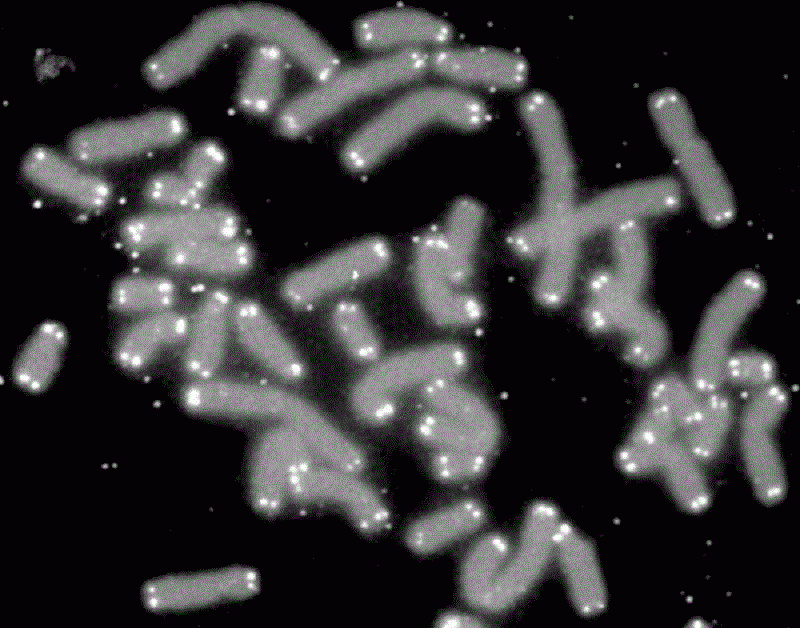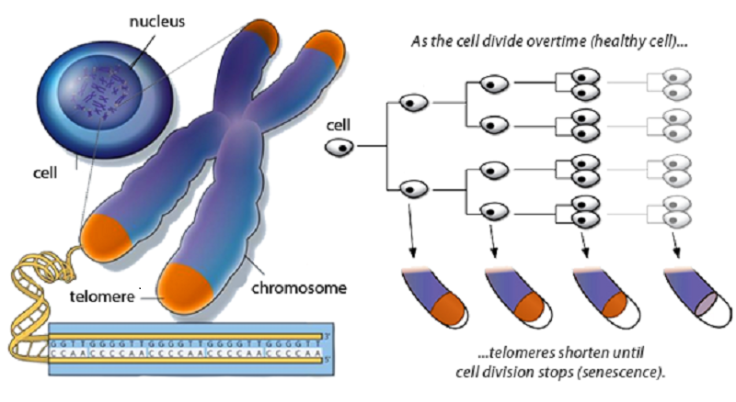BioViva CEO claims cutting biological age equivalent to 20 years by using age-reversing gene therapy

As scientists race against time to find an anti-aging pill, the CEO of a biotechnology company claims its age-reversing gene therapy is effective. Proof of this is she reduced her biological age by an equivalent of 20 years.
Liz Parrish, CEO of BioViva, says the gene therapy involves lengthening her cells’ telomeres, reports The Australian. Telomeres are protective caps of chromosomes. In September, Parrish received treatments to prevent depletion of her muscle and stem cells.
The 44-year-old CEO was vulnerable to age-related ailments because her telomeres were “unusually short for her age,” she discovered after SpectraCell in Houston measured her telomeres. To avoid regulatory delays, Parrish had the procedure done in Colombia. Following the treatment, tests in March showed that her white blood cells grew by about 9 percent. It extended her blood cells’ telomeres to 7.33 kilobases from 6.71 kilobases, but the results of the trial are unpublished.
Parrish says the test results were verified by the Biogerontology Research Foundation. The head of the foundation is Avi Roy, a biomedical scientist who is also the chief scientific officer of BioViva. But a scientific advisor of BioViva, George Martin of the University of Washington, resigned. He says the company has a big problem and pushed for a lot of preclinical studies, reports Arstechnica.

John Rasko, a Sydney haematologist, criticises BioViva’s announcing the results of Parrish’s tests to draw attention to the company for commercial purposes. He accuses BioViva of “using legitimate science as a veil to confuse people” and Parrish of “peddling ideas of immortality without any evidence or quality controls.”
Rasko, from the Royal Prince Alfred Hospital, adds that even if Parrish miraculously benefitted from the gene therapy, it could have been due to other factors such as going on a crash diet or changing her exercise regimen.
Elizabeth Blackburn, whose discovery of the enzyme which replenishes telomeres won her the Nobel prize for medicine in 2009, also warns of fraudulent claims by biotechnology firms. In 2015, Blackburn was quoted by The Australian as saying, “You hope people don’t put their hard-eared into silly nostrums peddled on the internet.”
In response to the criticisms, BioViva, in a statement, says, “Contrary to much buzz within the anti-aging field, this is certainly a valid treatment for a part of the aging problems in organisms, by preventing DNA from shortening. It cites a 2012 experiment that used adeno viruses to lengthen the telomeres in mice which lived longer than the average rodent no increased cancer rate as proof.





















